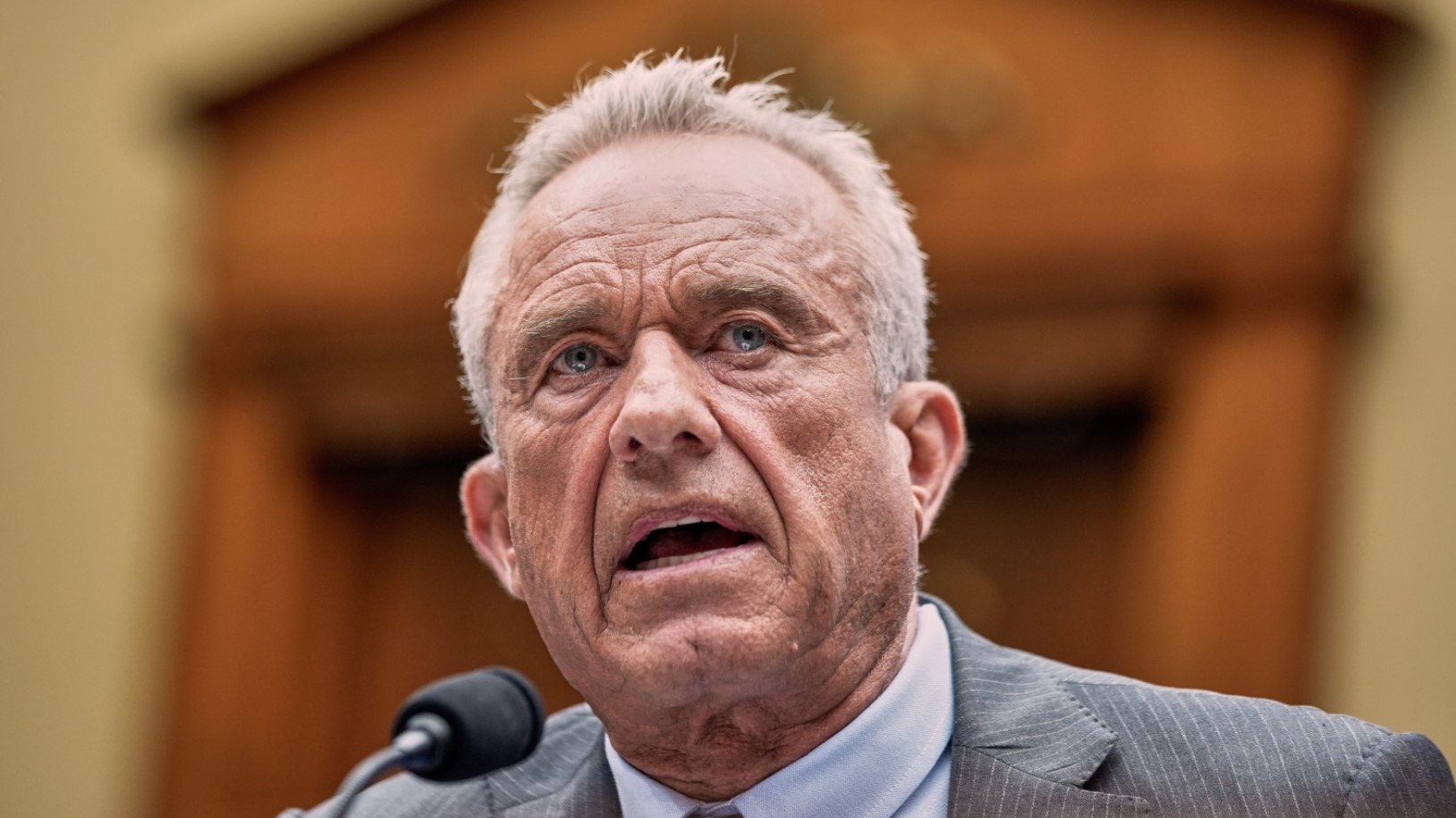
The Halting of Innovative mRNA Vaccine Projects: Understanding the Implications
In a surprising shift in public health strategy, Secretary of Health and Human Services, Robert F. Kennedy Jr., announced the discontinuation of about $500 million worth of mRNA vaccine development projects. This decision affects 22 projects that were primarily focused on vaccines for COVID-19 and the flu, marking a significant step away from recent advancements in vaccine technology.
What Prompted This Cancellation?
Kennedy justified the cancellations by stating that mRNA technology presents more risks than benefits for certain respiratory viruses. This claim raises eyebrows, particularly in light of public health officials and vaccine experts who argue that mRNA vaccines have been pivotal in combating pandemics and can adapt quickly to new variants. The criticism came primarily from notable figures in the scientific community:
Dr. Paul Offit, a prominent virologist, emphasized that the decision undermines established scientific evidence and endangers public health.
Dr. Michael Osterholm, an infectious disease expert, termed this move as potentially one of the worst decisions in decades of public health.
The Value of mRNA Technology
Despite Kennedy's concerns about the efficacy of mRNA vaccines when viruses mutate, experts point out that the technology allows for rapid vaccine development and production. This flexibility has already proven vital during the COVID-19 pandemic, facilitating the quick rollout of effective vaccines. Moderna's mRNA COVID-19 vaccine example illustrates how vaccine platforms can swiftly adapt to the viral landscape—something traditional methods struggle to accomplish.
Potential Consequences of This Decision
This halt could leave the U.S. ill-prepared for future pandemics. Dr. Osterholm warned that current vaccine manufacturing avenues would not suffice should another influenza pandemic arise, suggesting that “we need a technology that enables rapid production.” The cancelled projects, including proposals from Pfizer and Sanofi Pasteur, reflect a broader concern about diminishing innovative research in vaccine development, where the potential of mRNA technologies remains largely untapped.
What Are the Experts Saying?
Many public health experts have voiced concerns regarding the implications of this withdrawal from mRNA vaccine research. Dr. Luciana Borio, a former biodefense and medical preparedness director, noted, “No other nation matched what America achieved during the pandemic.” She argues that moving away from mRNA could halt America's progress in vaccine development.
The Path Forward: A Request for Clarity
The scientific community is now calling for transparent discussions regarding the justification for halting mRNA projects. They are asking that decision-making processes rely on robust scientific evidence to ensure the future safety and effectiveness of vaccines. The reliance on traditional virus culture methods could threaten global vaccination efforts, especially in facing unforeseen viral threats.
Seeking Further Understanding of Health Policies
For the general public and stakeholders alike, it is crucial to seek concrete details on how decisions are made regarding public health policies, particularly those affecting vaccine development. Engaging with health authorities and experts can pave the way for a more informed understanding of the landscape of health technologies.
In light of these developments, it is vital for every individual to stay informed about health policies that directly impact public health initiatives. Engaging with ongoing discussions can shape future strategies that prioritize safety and innovation in vaccine development.
 Add Element
Add Element  Add Row
Add Row 



Write A Comment